When it comes to property, the best thing can be to own it outright – either buying with 100% cash, if that’s possible, or taking out a mortgage and paying it off as soon as you can. And when it’s your own home, that’s generally a good idea; you can gradually reduce your monthly costs and end up with a roof over your head that belongs entirely to you.
However, a rental property is a whole other proposition. It’s an investment, so you’ve got to think about your returns and make sure your capital is working in the best way for you. Exactly what that looks like will depend on your individual circumstances, and the ‘best’ way to finance a rental property will vary from person to person.
But what’s true for everyone is that the way you fund your purchase can make the difference between a good investment and a great one!
So, let’s take a look at some of the most important things you need to consider.
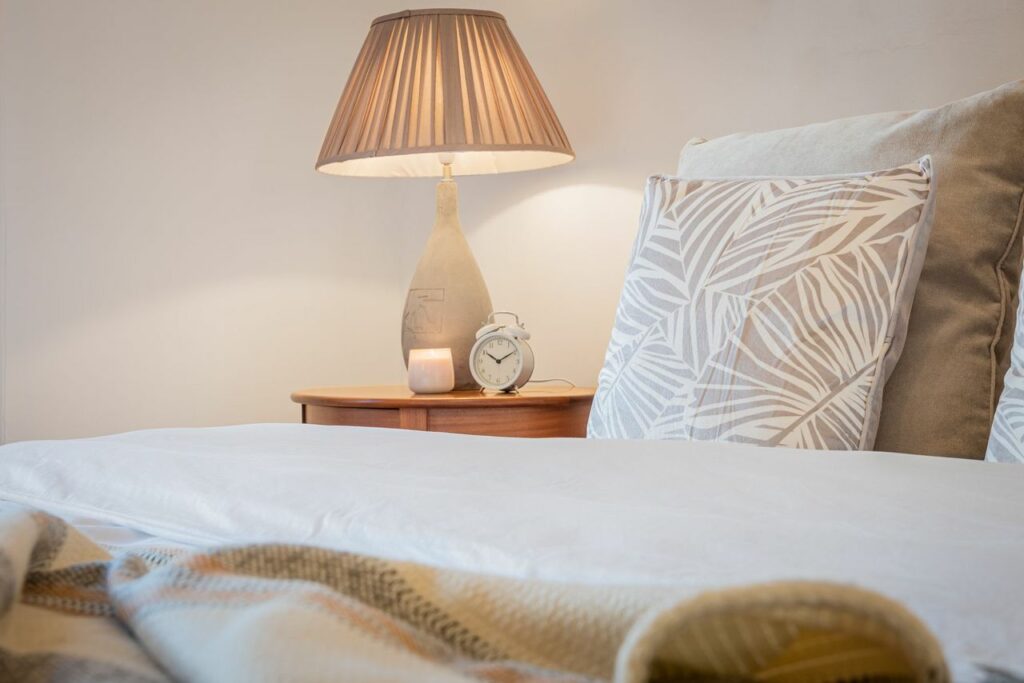
Buying with cash
If you invest with cash, it can help you snap up a bargain, as sellers are often happy to accept an offer below the asking price in return for a quick sale. It also means you get more monthly rental profit, as you don’t have any mortgage payments, and the property is all yours.
One thing to remember: because this is a financial investment, you have to take inflation into account. In order for your money to be worth the same over time, the value of the property needs to grow by at least the rate of inflation.
For example, if you bought for £100,000 and inflation is running at an average of 3% a year, the property would need to be worth £103,000 after a year for your investment to ‘stand still’. Although, if you’ve bought with cash, you may well have been able to buy at below the true market value anyway, giving you a cushion against any falls in the market.
What might be more significant is that if you buy with 100% of your own funds, you might not be getting the best return on your money. To understand why, you need to know how leverage works.
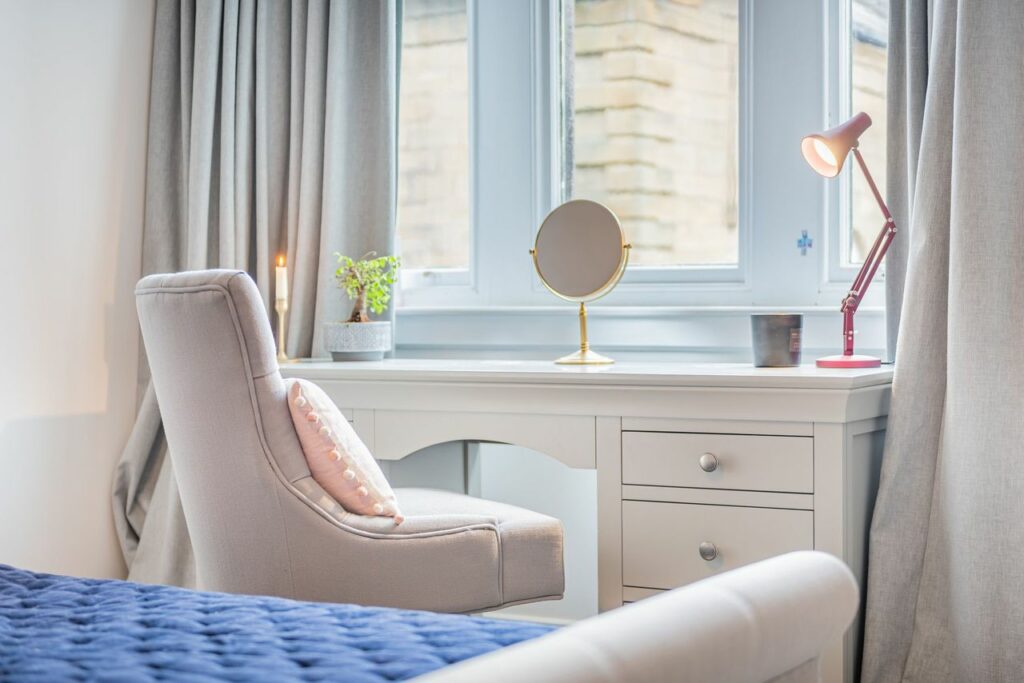
Leverage
This is the principle of using other people’s money to generate a return for yourself. When you get a mortgage from the bank, you put in some of the money yourself (the deposit) and then borrow the rest. Meanwhile, whenever the property increases in value, that ‘gain’ is all yours – you get the increase in value on the bank’s money as well as your own investment!
For example:
- You buy a rental property for £200,000 and the market rises by 10% over a few years. The property’s now worth £220,000 – a £20,000 increase in equity.
- If you bought with cash, that’s a 10% return on your own money.
- But if you bought with a 75% mortgage and put down just £50,000 of your own money as a deposit, that £20,000 increase is now a 40% return.
Now imagine that instead of using all £200,000 to buy one property with cash, you used it to buy four properties, each worth £200,000, putting down a £50,000 deposit on each. That market rise of 10% gives you a total profit of £80,000.
You’re investing the same amount of money but using leverage to get better returns.
Obviously, this is a simplified example – there’s mortgage interest, maintenance and other costs, as well as taxes, to factor in – but you get the idea.
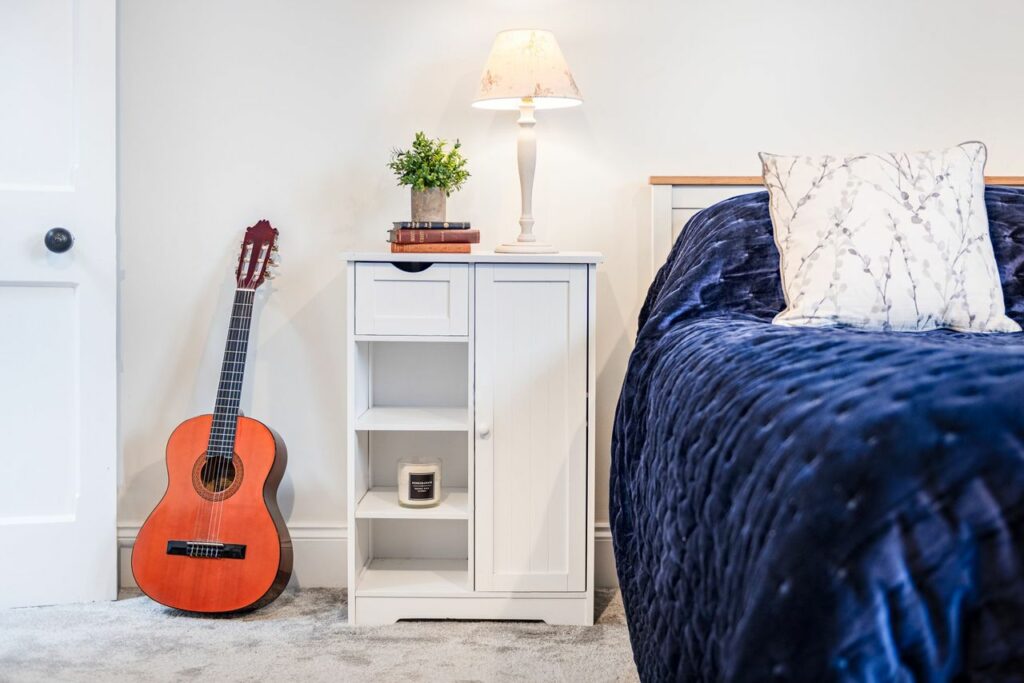
Buying with a mortgage
For many landlords, taking out a mortgage isn’t a choice, it’s a necessity! And when you buy a property to rent, rather than live in yourself, you need a specialist buy-to-let mortgage. Generally speaking, the deposit required is higher than for a standard residential mortgage – you can expect to have to put down at least 25% – but the biggest difference with buy-to-let mortgages is the way lenders assess the risk of making the loan to you.
When it’s your own home, it’s your personal income (earnings, salary, etc.), other financial obligations and credit score they look at. When the mortgage is for a rental property, although they do make credit and basic salary checks on you, the main criterion for how much they’ll lend comes down to the amount of rental income the property is likely to generate versus the monthly cost of your mortgage. The percentage the lender uses to make their calculation is an ‘interest coverage ratio’, often referred to in lettings as a ‘multiplier’.
How the interest coverage ratio (ICR) works
Lenders need to be satisfied that your rental property can service its debt, so that even if you can’t put anything towards the monthly mortgage payment yourself, there’s enough rental income to cover it. Obviously, there are other monthly running costs and rental income is subject to tax, so they look for an amount that’s more than the mortgage payment. It varies from one lender to another, but this ‘multiplier’ is usually between 125% and 135%.
So, if the monthly mortgage payment would be £600 and the lender’s ICR is 130%, a surveyor would need to confirm an achievable monthly rental income of at least £780.
Once you know this, you can check the figures yourself when you’re looking for properties and work out whether a mortgage application is likely to be successful.
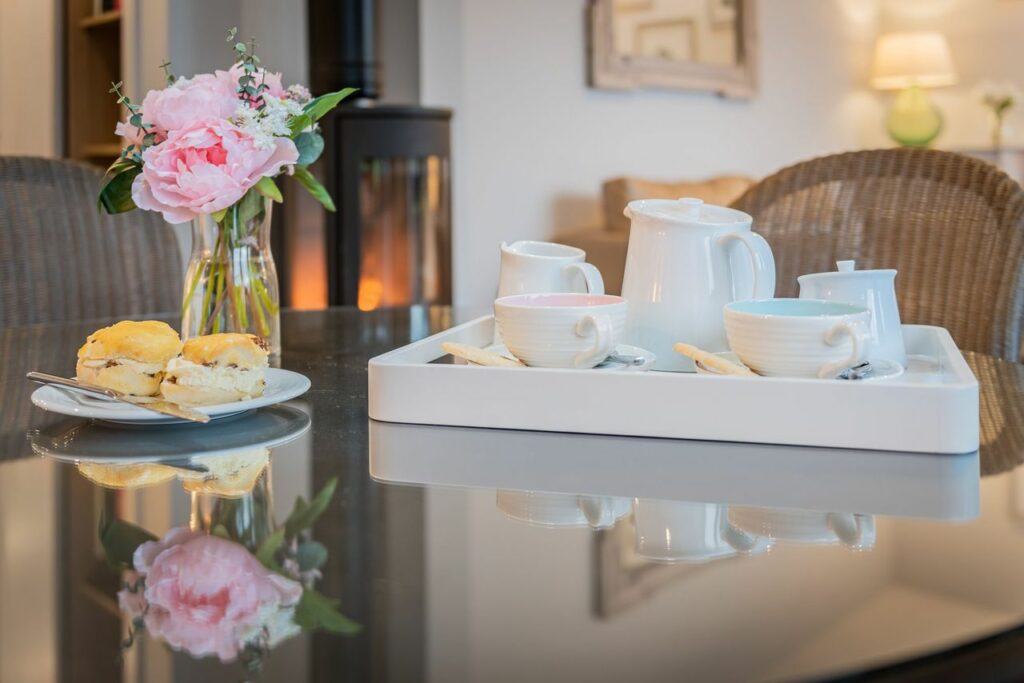
Other sources of funding
A mortgage isn’t the only way to fund a rental property, but it is likely to be by far the cheapest. It’s also probably the most sensible way to finance your purchase, because of the checks banks make to ensure they only lend as much as you can realistically pay back.
If you’re looking at borrowing from elsewhere – perhaps getting a personal loan from a bank, a credit company or a private individual – there are two important things to check:
- Is the borrowing ‘secured’? When you take out a mortgage, it’s secured against the property. That makes it very low risk for the lender, which is why interest rates tend to be low. And it’s very clear from the outset: if you don’t keep up with repayments, the lender can repossess the property.
If you’re getting funding from somewhere else, the terms might not be so obvious, so make sure you know whether it’s secured – against property or anything else – and what’s at risk if you default.
- What’s the interest rate? If it’s an unsecured loan, the interest rate is likely to be much higher than for a secured loan – just look at the difference in APR between a mortgage and a credit card! If it’s short-term borrowing and you’re intending to pay it back fairly quickly, that might not be such an issue, but it’s an incredibly expensive way of borrowing over the longer term.
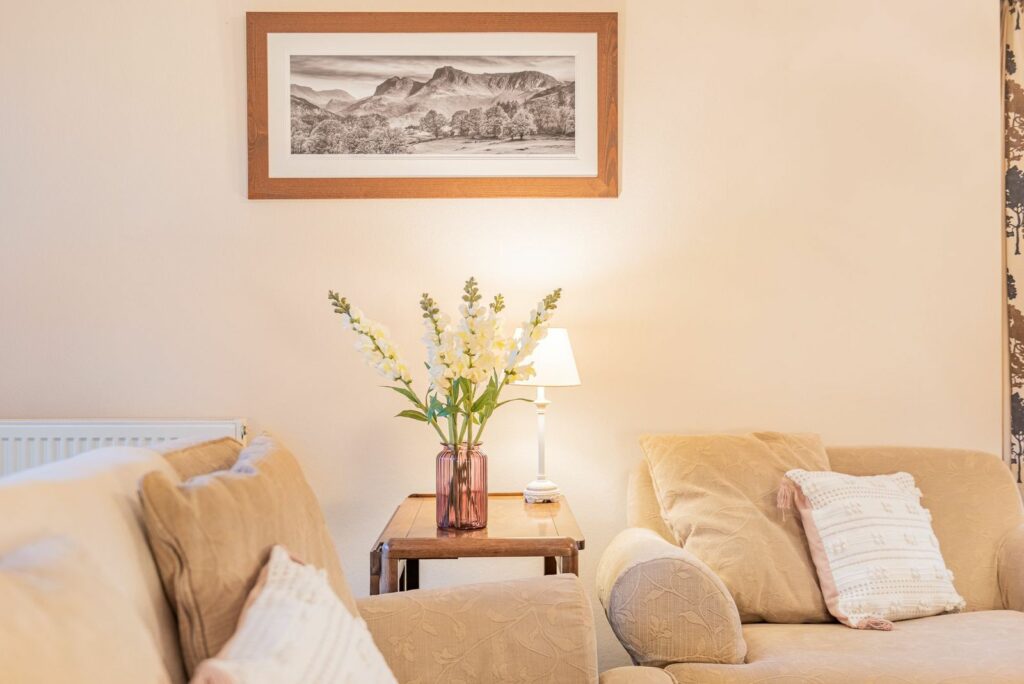
How much risk are you happy with?
Even though leverage might make financial sense, you’ve still got to be happy with the level of risk you’re taking on. There’s no point saddling yourself with hundreds of thousands of pounds of mortgage debt if it gives you sleepless nights. Property is generally thought of as a low-risk investment, and as long as you’ve planned and budgeted properly, you should be fine, but no investment is entirely risk-free.
Tax
Property tax is a specialist area and can be very complicated. How much tax you pay and when depends on a whole host of different things, including: how you own the property, the kind of improvements you invest in, the way you get rental income and whether the property was once your own home. A buy-to-let specialist tax adviser can explain everything you need to know and help you understand how to invest in the most tax-efficient way.
If you’re new to being a landlord, you may not have considered any of this before, and there’s no doubt there’s a lot to know and think about! Property is one of the biggest financial investments most of us ever make, so it’s important to understand the risks and rewards, which will be different for each investment. When it comes to financing rental property, one size most definitely won’t fit all.
The good news is, there are plenty of people ready and able to help you, ourselves included! Financial advisers, mortgage brokers, tax specialists, estate agents and letting agents – we’re all here to help you make a success of being a landlord.
If you’d like to talk over anything you’ve read here, or you have any other questions about buying and letting property, just give us a call on 01179 635777 or email bristol@northwooduk.com and we’ll be happy to have a confidential chat.







